Today is Tax Day in the US, and if you’re like many people, today is a day you’ve got your money (or lack thereof) on your mind.
Or maybe you’re one of the many who received a tax refund and are thinking of the best ways to use the extra cash you’ve gotten back.
Whatever your situation, financial health is an important aspect of overall health, even if it isn’t the first one you think about.
Ready to start whipping your finances into shape? Check out these four tips for financial health and peace of mind!
DISCLAIMER: I am a writer, not a financial planner, CPA, or investment whiz. These tips are generally accepted as sound financial practice, but should not be considered as expert advice by Xyngular or myself. Tips are generally based on US practices; Canadian programs vary.
1 — Your Lack of an Emergency Fund Is an Emergency!
How often have you been a few days until pay day, when an unexpected car repair, bill, or expense struck at the very worst time? You know the drill: You pull out the credit card, maybe thinking you’ll get some points or miles, and tell yourself you’ll pay it off on pay day.
You wouldn’t be alone—many recent studies show that the average household carries more than $5,500 in high-interest credit card debt, and anywhere from 50-70% of Americans couldn’t handle a $500 emergency without going into more debt. The key to breaking out of this cycle can be as simple as a small savings account set aside for these emergencies.
Set up a clear, realistic budget, and stick to it! Fans of Dave Ramsay’s The Total Money Makeover will recognize his goal of $1,000 for a starter emergency fund, especially if you’re paying off debts. Once you’ve reached that number, keep it in a savings account where you can access it quickly if needed, and continue to build on it gradually.
Can you imagine the peace of mind you’d feel with 3-6 months’ worth of expenses stashed away for a rainy day?
2 — Invest in Your Future
You’ve been looking for a way to become your own boss, increase your control over your financial future, and provide for your family, while being able to spend time with them. (Time as a Xyngular Distributor could be the answer; check out what people are saying here.)
It’s never too early (or too late) to start thinking about your plan for retirement.
One of the best ways to do that is with tax-advantaged investment accounts. These have sort-of intimidating-sounding names like IRA, 401k, Roth IRA, HSA…but don’t fear—these are actually your best friends for saving up your nest egg.
That’s because these accounts help you save on taxes now or in the future and grow over time thanks to the almost magical effects of compound interest. A $1,000 investment could turn into over $50,000 in 20 years, so start today and make time work for you!
- 401(k) — This is a retirement plan sponsored by your employer. Often they will match contributions up to a certain percentage of your salary through a payroll deduction. For example, an employer may offer a 3% match, meaning if you save 3% of your salary, they will match your contribution dollar for dollar. You should always take advantage of this perk; where else do you get free money?
This account also pays off around tax time because every dollar that goes into your 401(k) reduces your tax liability. For example, say you earn $50,000 a year and contribute $5,000 to your 401(k). According to the IRS, you made just $45,000 for the year, saving you potentially big bucks.
- IRA — Employer doesn’t offer a 401(k)? Maybe you’re self-employed, a freelancer, or just want to save more? The IRA, or Individual Retirement Account is your answer.
This account lets you save and invest up to $6,000, and more if you’re over 50, in the same tax-saving way as a 401(k). You have near complete control in your investment choices, but watch out for fees. Look for low-fee index funds and save consistently. Future you will thank you.
- Roth IRA/401(k) — These accounts work just like the others, except they use post-tax dollars instead of pre-tax. Where your 401(k) or IRA contributions will be taxed when you withdraw them in retirement, your IRA accounts will cost you exactly ZERO dollars in taxes in retirement, since you already paid them. These accounts make a lot of sense if you are currently in a lower tax bracket than you expect to be in retirement.
- HSA — A health savings account (HSA) is yet another tax-advantaged way to save for retirement. If you have a high-deductible health plan (HDHP), you are eligible to enroll in an HSA, and start saving and investing your money for health-related expenses. And once you’ve reached a minimum value (often under $3,000) you can start investing with your contributions just like any other retirement account, potentially paying off big time. This account is amazing because
- You save on taxes now
- Contributions and investment returns grow tax-free
- Withdrawals and spending for health-related expenses are NEVER taxed.
And the HSA is not a “use-it-or-lose-it” scenario. Even if you change jobs or health plans, your HSA is your account, and the balance remains yours to use.
3 — Frugal Can Be Fun
Saving money and living a more financially healthy life doesn’t have to mean pinching pennies and feeling deprived.
An important part of financial health, just like a physical, mental, or emotional health journey is discovering your “why.”
It is true that money can’t buy happiness. But money can provide the necessities of life, and give you the access and freedom to pursue the things that DO make you happy.
Ask yourself: “What makes me happy? What makes my family happy?” Align your financial priorities to make these things happen, and see if you can tweak your budget to fit your priorities.
For example, my wife and I love to travel. We’ve been fortunate to be able to do this a lot together. People often ask us how we’re able to do this, and assume we’re secretly millionaires (LOL). The truth is, it is all about priorities. We realized we were spending money on things that didn’t make us as happy as travel: we cut our cable TV, learned how to make delicious, healthy meals at home, and started having game nights and parties with friends instead of going out all the time. We spend time hiking in the nearby hills, and wouldn’t trade it for any pricier activity.
What frugal fun have you discovered lately?
4 — Healthy Living Pays Off
There’s an old saying that “If you don’t have your health, you don’t have anything.” Good health is the greatest wealth you can have, so any investment you can make in your health will pay off big time!
Living a healthy, active lifestyle can save you money on your insurance premiums, reduce medical costs, and protect you and your family from many of the preventable health problems costing billions of dollars around the world. Obesity alone could have added $344 billion to America’s healthcare costs over the past decade.
When is the last time you invested in your health?
Xyngular supplements are designed to be a smart investment, not in a stock market or business model, but in yourself. Every product is designed to fill an important role in a healthy body, mind, and life.
Ready to give the greatest gift to yourself, and invest in your health and well-being? Check out Xyngular’s full range of products today, and talk to a Distributor to get started!


Recent Comments